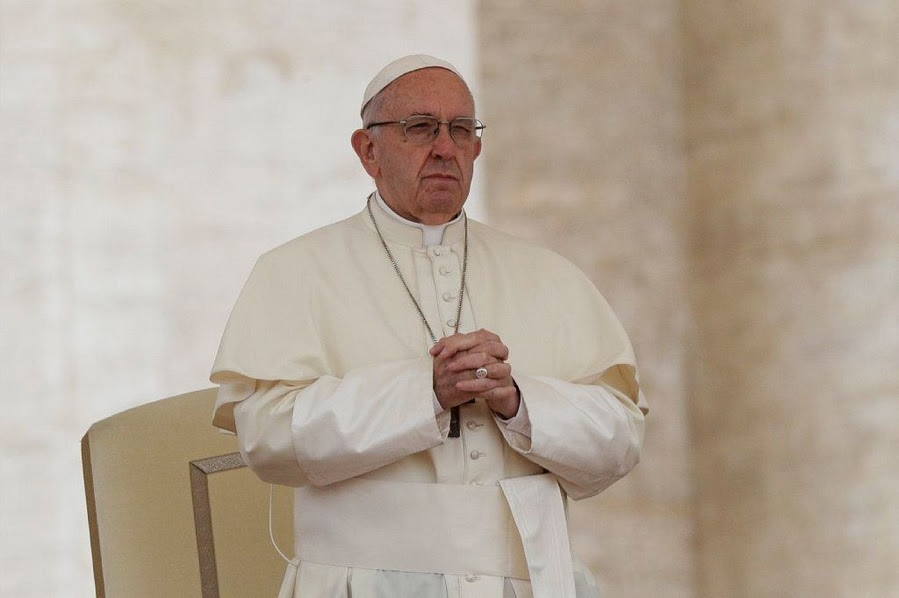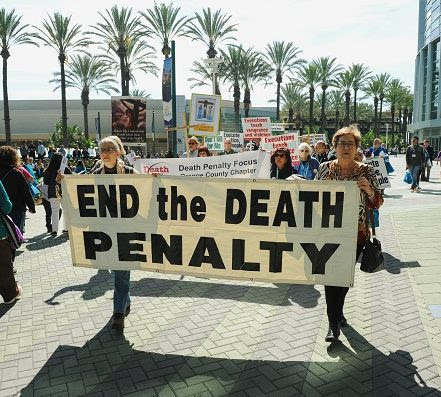
In a definitive statement, Pope Francis has declared that the death penalty is wrong in all cases – no matter how severe the crime committed.
The announcement directly contradicts the views of many Catholic officials, particularly those in the United States, who for decades have offered Biblical justifications for capital punishment. Church doctrine generally accepted the death penalty, permitting it was deemed “the only practicable way” to save lives. Thus, it was OK for society to kill bad people, as long as it was for the greater good.
But Pope Francis disagrees. In his remarks, the pope explained that capital punishment is “an attack” on human dignity, and made it clear that the Church’s goal moving forward will be to abolish the death penalty worldwide. The change will be formally added to the Catechism of the Catholic Church, which is studied by 1.2 billion Catholics across the globe.
America’s Conundrum
Many countries with large Catholic populations have already banned the death penalty – but the United States is a major exception. Here the death penalty is legal in 31 of the 50 states, a total of 1479 people have been executed since 1976. Given this extensive track record of executions, some experts think this latest announcement will pose a serious obstacle for government officials who follow the Catholic faith.
“If you’re a Catholic governor who thinks the state has the right to end human life, you need to be comfortable saying you’re disregarding orthodox church teaching,” said John Gehring, the Catholic program director at Faith and Public Life. “There isn’t any loophole for you to wiggle through now.”
The ruling could also make things complicated for American judges who are Catholic – particularly those serving on the highest court. Chief Justice John G. Roberts Jr. and Justices Clarence Thomas, Samuel A. Alito Jr. and Sonia Sotomayor are all Catholic. So is President Trump’s latest nominee, Brett Cavanaugh.
Accounting for the teachings of their faith, would these justices need to recuse themselves in cases involving the death penalty? It’s certainly a possibility.
Pro-Life Hypocrisy?
It is often pointed out that some of the most ardent pro-life activists wholeheartedly support the death penalty. Is there an inherent contradiction in these views? On the one hand we have the assertion that all life is special and must be protected. On the other, an argument that some lives are worth snuffing out.
Of course, there is the small matter of circumstances (innocent children vs. convicted killers), but if we’re talking about a principle of being “pro-life,” the contradiction is nonetheless worth discussing. Whatever you think of the pope's announcement, his views on protecting life are unquestionably consistent.

Future of the Death Penalty
Will capital punishment still be around in 20 years? Odds are, probably.
Despite successful movements to ban the practice in other countries, the American public has shown little desire to get rid of the death penalty. And contrary to conventional thought, religious conviction (at least of the Catholic variety) doesn’t appear to be a major factor in the opposition. In fact, according to Pew Research Center, 53 percent of American Catholics support capital punishment, while 44 percent oppose it. Those numbers are roughly equivalent to Americans as a whole (54 percent are in favor and 39 percent are opposed).
That’s a lot of people who need to be convinced the death penalty is morally wrong. And as long as violent crime continues to plague our society, opponents may find themselves fighting an uphill battle. Let’s face it: it’s a lot easier to condemn the death penalty from a disconnected, outside perspective.
In the real world, emotions sometimes override principle. In cases of particular evilness and hatred, perhaps it’s a natural human reaction to view vengeance as the only righteous form of justice.
Whether that will change is yet to be seen.


No hay comentarios:
Publicar un comentario